Our dietary choices have a profound impact on the health and appearance of our skin. While we often hear about the importance of hydration and vitamins for a glowing complexion, the role of dietary fiber is sometimes overlooked.
Yet, fiber plays a critical part in maintaining skin health. Found in plant foods such as fruits, vegetables, whole grains, legumes, and nuts, dietary fiber does much more than promote good digestion—it's also essential for keeping our skin looking radiant and healthy.

We understand that the skin is a reflection of our overall health, and what we put into our bodies is just as important as the products we apply on the outside.
A diet rich in fiber helps to flush out toxins that could otherwise contribute to skin issues. By supporting the body's natural detoxification processes, fiber helps to keep the skin clear and supple. Furthermore, anti-inflammatory properties of certain high-fiber foods can be beneficial for managing conditions like acne and eczema, leading to calmer and smoother skin.
Check out what my own Squawk box has to say...
Incorporating fiber into our diet is not only beneficial for our health but is a simple and effective strategy for enhancing our skin's natural glow. Consistent intake of dietary fiber helps in maintaining a healthy lipid barrier, essential for keeping the skin hydrated and plump. As we focus on nutrition for skin health, we appreciate the power of fiber as an unsung hero in our pursuit of a radiant complexion.
The Connection Between Diet and Skin Health
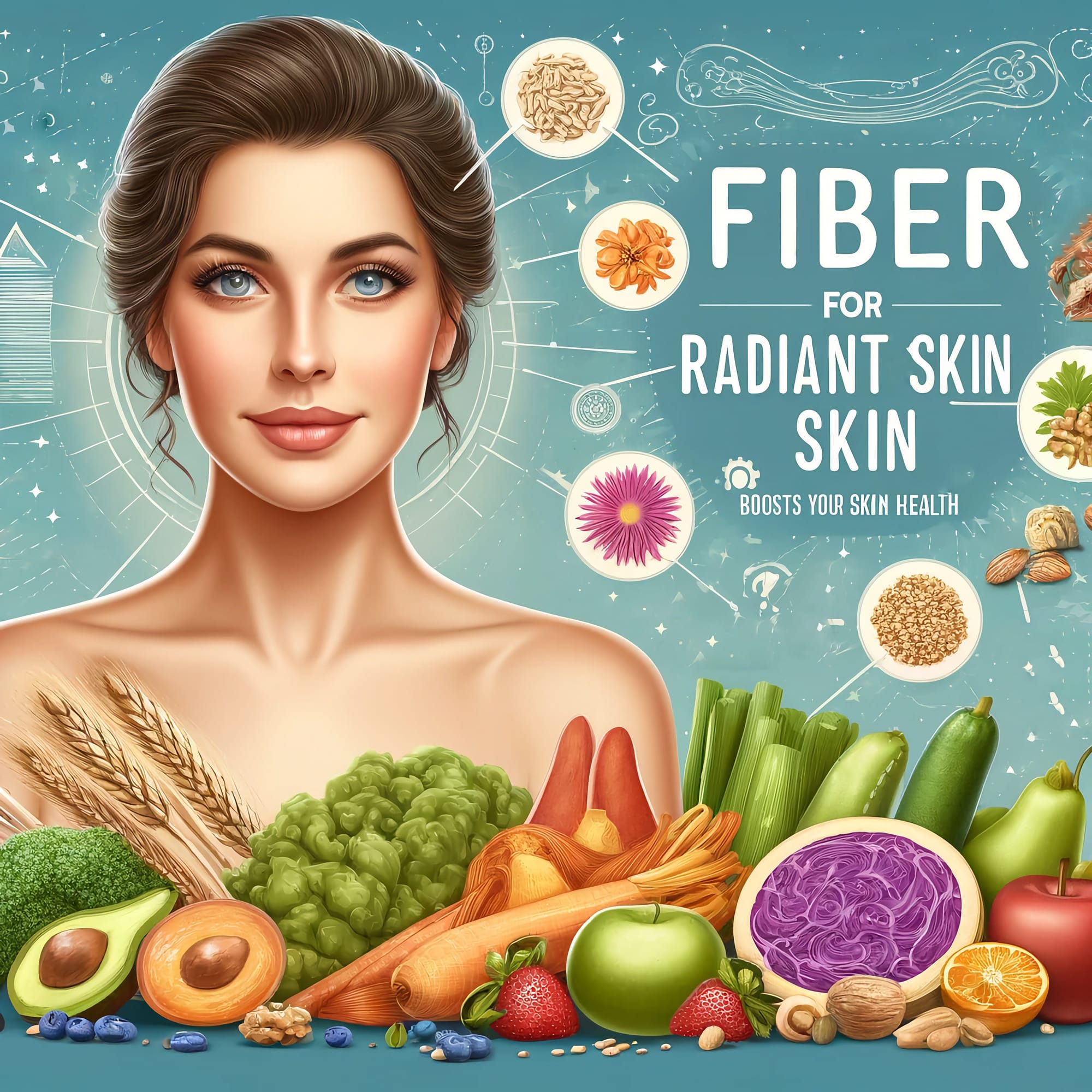
A well-rounded diet rich in various nutrients contributes significantly to maintaining radiant skin. We now turn our attention to understanding the crucial role that a balanced diet and specific dietary components such as fiber play in skin health.
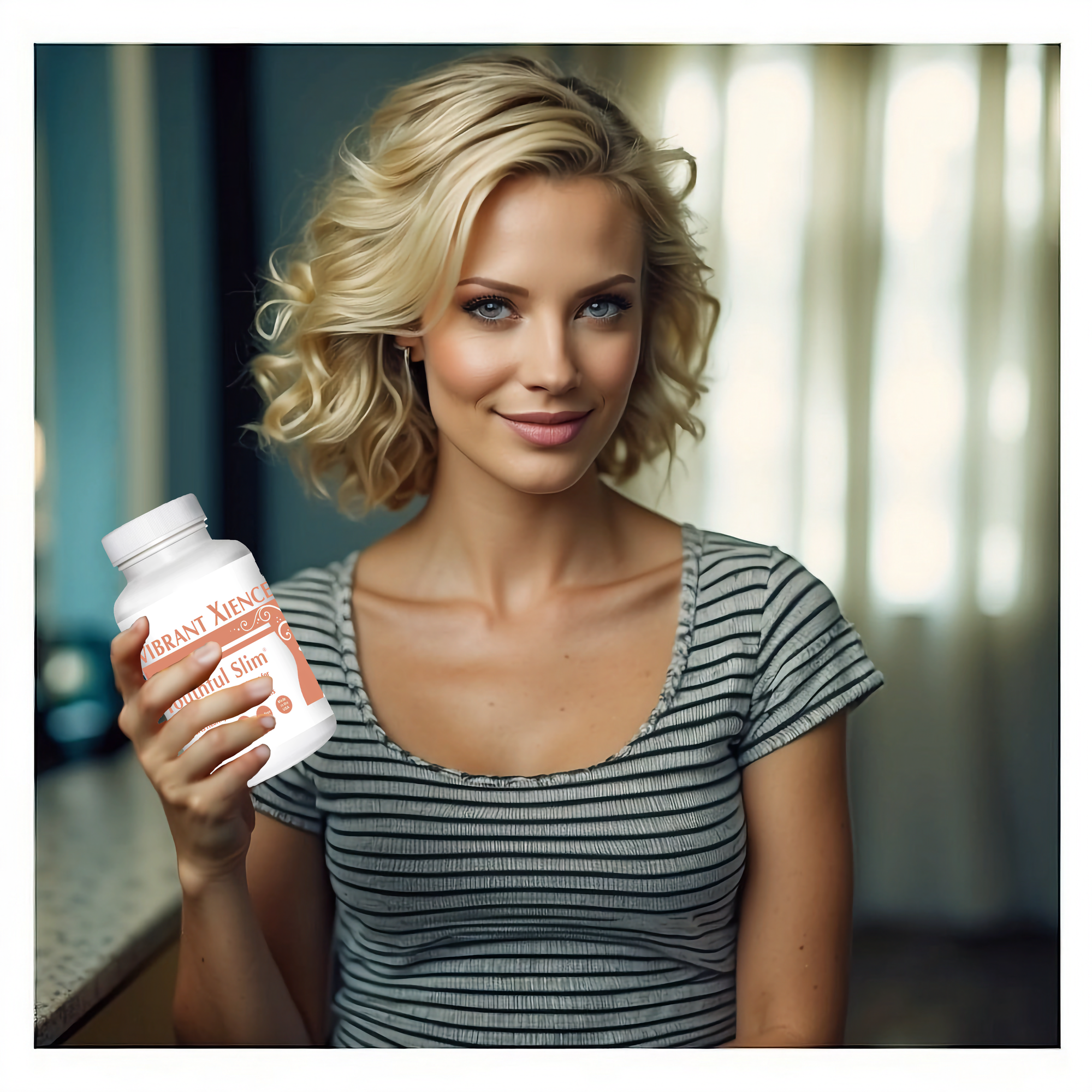
Importance of a Balanced Diet for Radiant Skin
We recognize that a balanced diet is the cornerstone of good health, and this extends to the health of our skin. Nutrients, vitamins, and minerals obtained from fruits, vegetables, and seeds play a pivotal role in skin cell regeneration and protection.
Omega-3 fatty acids, found in foods like fish and flaxseeds, are essential for maintaining a strong skin barrier capable of retaining moisture and resilience against irritants.

Additionally, antioxidants and carotenoids from colorful fruits and vegetables combat oxidative stress and can help to reduce the appearance of signs of aging. Hydration, both from drinking water and eating water-rich foods, is also fundamental in ensuring our skin remains hydrated and plump.

How Dietary Fiber Influences Skin Health
Our understanding of dietary fiber's role in skin health is expanding as we explore its benefits beyond digestion. Fiber-rich foods, such as fruits, vegetables, and whole grains, support detoxification processes in the body, which can lead to clear and radiant skin. The anti-inflammatory properties of certain fibers can be instrumental in reducing the prevalence of skin issues, as inflammation is a root cause of many skin problems.
When we consume dietary fiber, we are also supporting a healthy gut microbiome, which is increasingly linked to reduced inflammation and, as a result, improved skin health.
Nutrients from high-fiber foods are vital in fostering a robust skin barrier and providing our skin with the essential vitamins and fatty acids it needs to glow from the inside out.
Key Nutrients and Their Roles in Skin Maintenance
Dietary components are essential for maintaining the structural integrity and the appearance of our skin. These nutrients support various functions from collagen production to inflammation reduction.
Vitamin C and Collagen Synthesis
Vitamin C is fundamental in our body's ability to synthesize collagen, the protein that gives skin its firmness and elasticity. Without adequate vitamin C, collagen production is disrupted, which can lead to signs of aging. Sources of vitamin C include citrus fruits, strawberries, and bell peppers. Also, vitamin C aids in the repair of damaged skin and in the effective absorption of iron.
Role of Omega-3 Fatty Acids in Reducing Inflammation
Omega-3 fatty acids are known for their role in reducing inflammation, which is critical for skin health. They help maintain the skin's lipid barrier, essential for hydration and protection against irritants. Foods rich in omega-3s, such as salmon, flaxseeds, and walnuts, should be integral parts of our diet to support skin health.
Antioxidants and Skin Protection
Antioxidants defend our skin from oxidative stress caused by environmental aggressors like UV radiation and pollution. Nutrients like vitamin E, vitamin A, and beta-carotene serve as antioxidants that protect skin cells. Zinc also acts as a co-factor in antioxidant enzyme functions and is involved in the formation of new cells.
Consuming a variety of antioxidant-rich foods, like leafy greens and nuts, can bolster our skin's defenses. Additionally, polyphenols found in green tea are notable for their skin-protective properties.
Implementing High-Fiber Foods for Healthy Skin
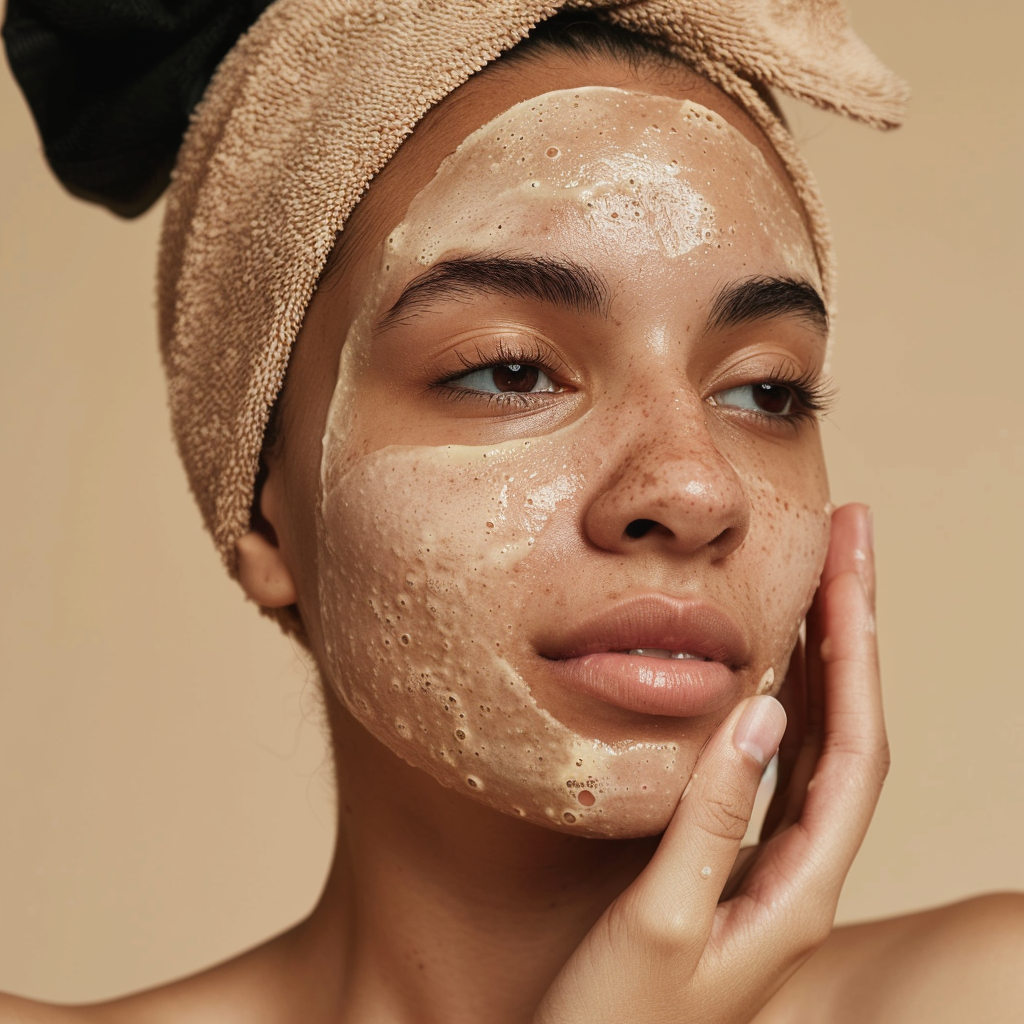
To enhance skin health, we must focus on incorporating a variety of high-fiber foods such as fruits, vegetables, and whole grains into our daily diet.
Incorporating Fruits, Vegetables, and Whole Grains
We see the best results in skin health when we prioritize a diet rich in fruits and vegetables. These foods are not only loaded with fiber but also contain antioxidants and vitamins essential for skin vitality. For instance, berries offer valuable fiber and antioxidant properties.
Check out what my own Squawk box has to say...
Leafy greens, on the other hand, are packed with vitamins and also contribute to our fiber intake. When it comes to whole grains, choices like oats and quinoa are not only nutritious but also versatile, making them easy to integrate into any meal.
- Fruits: Include a variety of berries, pears, and apples.
- Vegetables: Focus on greens such as spinach and broccoli.
- Whole Grains: Incorporate oats, barley, and whole-grain bread into meals.
Optimal Fiber-Rich Snacks and Meal Ideas
Snacking on nuts and seeds or adding them to meals is an excellent way to ensure we're meeting our fiber needs for healthy skin. Almonds, chia seeds, and flaxseed all offer a substantial amount of fiber and are easy to include in our diet. For instance, we can sprinkle chia seeds onto a salad or blend flaxseed into a smoothie.
When it comes to meal planning, we find that including beans, lentils, and peas into our recipes not only supports our digestive health but also nourishes our skin. We can add black beans to a quinoa bowl or mix lentils into a hearty stew. Here are a few quick ideas we can put together:
- Breakfast: Oatmeal topped with sliced bananas and almonds.
- Lunch: Quinoa salad with mixed beans, peas, and a range of colorful vegetables.
- Dinner: Lentil soup served with a side of whole-grain bread.
By incorporating these fiber-rich foods into our diet, we're offering our skin the support it needs to remain healthy and radiant.
Additional Skin Health Tips and Considerations
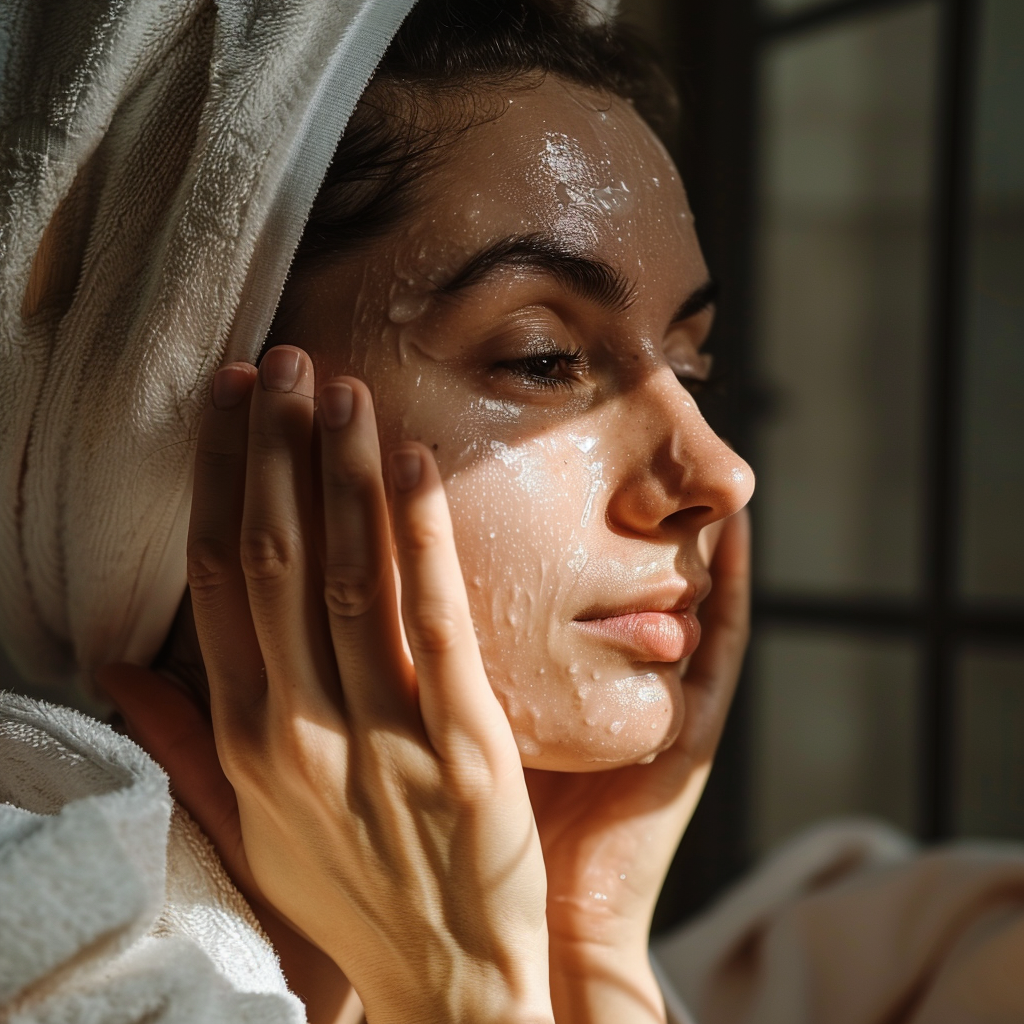
While dietary fiber plays a significant role in maintaining radiant skin, we must not overlook other contributing factors. Hydration and lifestyle choices are also pivotal in achieving optimal skin health.
Hydration and Its Effect on Skin Elasticity
Hydration is the cornerstone of skin elasticity. Our skin thrives on moisture for its plump, youthful appearance. We understand that the body primarily consists of water, which contributes to the resilience and elasticity of the skin. Therefore, consuming an adequate amount of water daily is crucial. Not only does it help to maintain the skin's elasticity, but adequate hydration is also essential for flushing out toxins that could otherwise affect our skin's well-being and appearance.
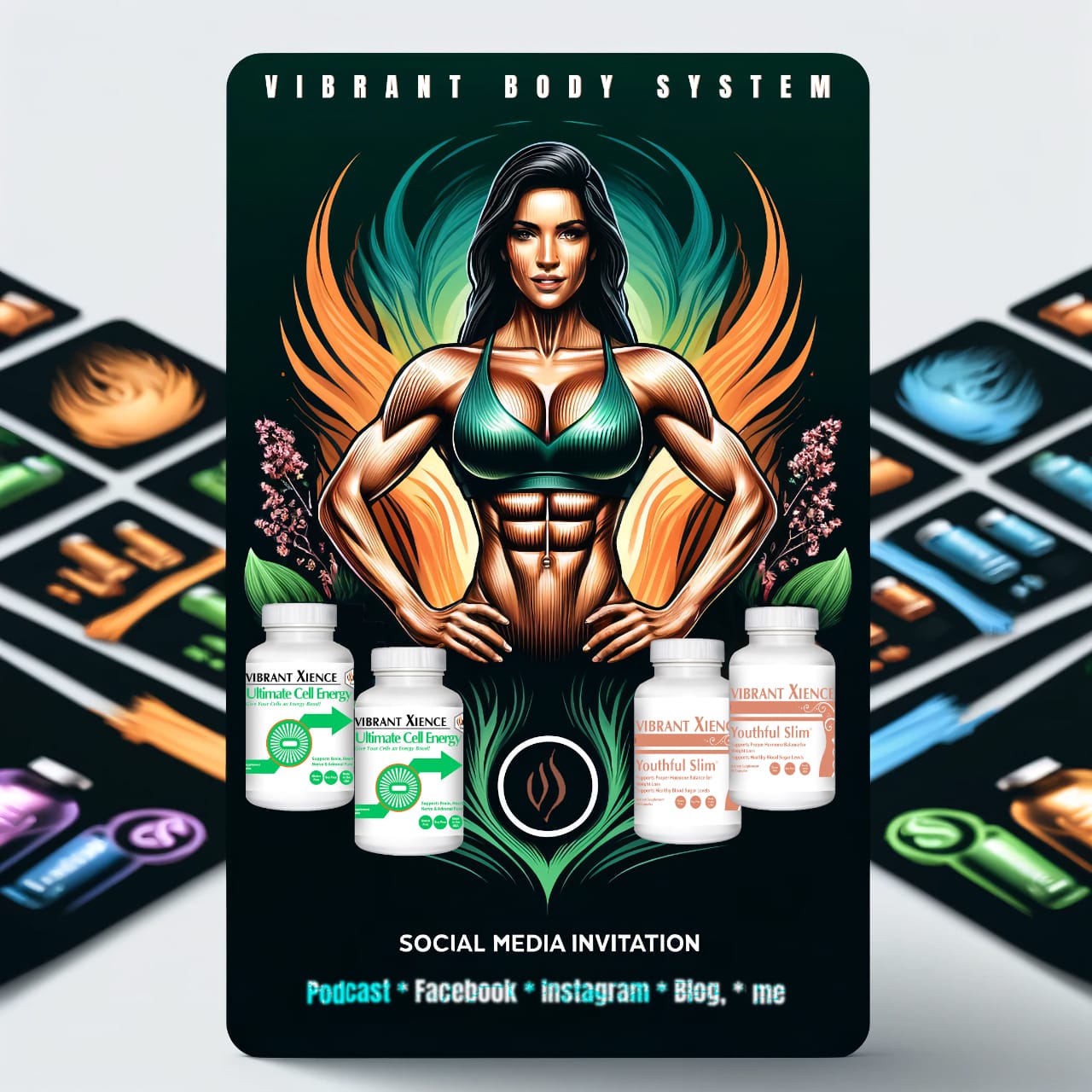
Lifestyle Factors Affecting Skin Health
Our lifestyle choices significantly impact our healthy skin and radiant skin. Sleep quality, for instance, is vital for the body's healing process, including skin repair and regeneration. Lack of sleep can lead to increased signs of skin aging and reduced skin health. Additionally, stress management is important as stress can trigger skin issues such as breakouts or eczema.
Regular physical activity also plays a part because it boosts circulation, thus contributing to our skin's energy and vitality. Moreover, we should be mindful of skin care routines and protect our skin from excessive sun exposure to prevent premature aging.
Supplements and probiotics may be necessary for those who need extra support. Probiotics are beneficial for gut health, and there is a strong connection between a healthy gut and healthy skin. When our gut flora is balanced, it reflects on our skin, often leading to a clearer and more radiant skin tone.
In our quest for youthful and glowing skin, it's critical that we adopt a holistic approach. Maintaining skin health is more than just what we eat; it encompasses all aspects of how we live. By addressing hydration, lifestyle choices, and potentially beneficial supplements and probiotics, we can support our skin health and overall well-being.
I hope you enjoyed the article and the value I am trying to provide - if you have special requests or want to say HI, you know how to find me 🙋, till then stay Vibrant! 💕 💪🏼 🪞✨







